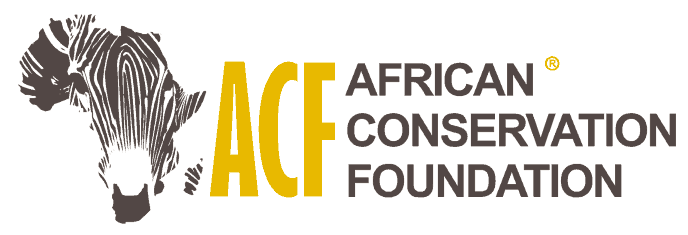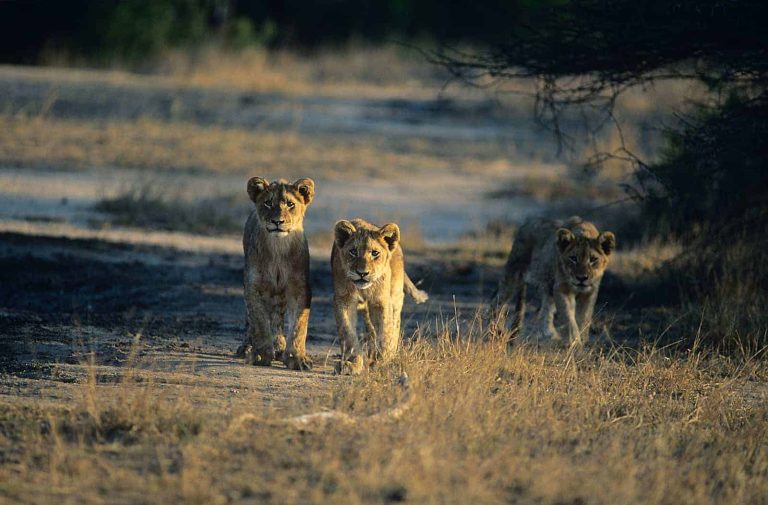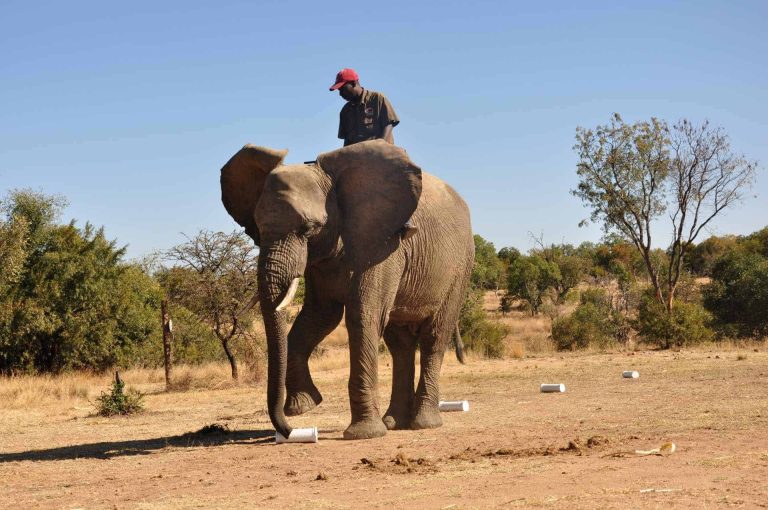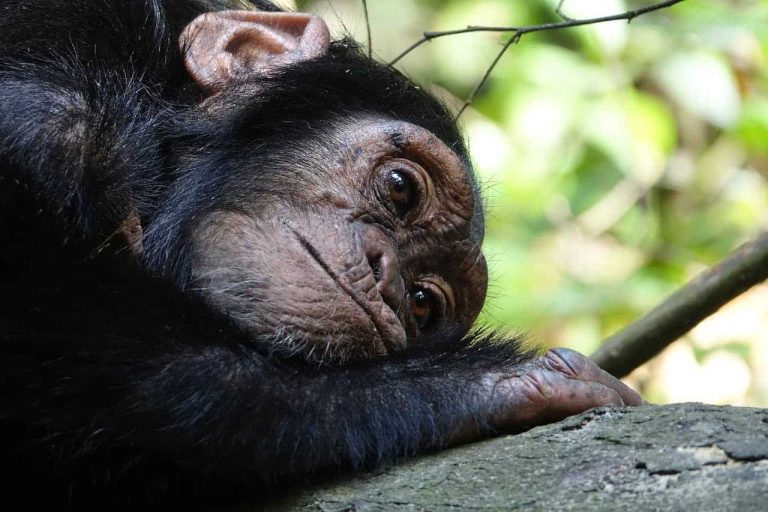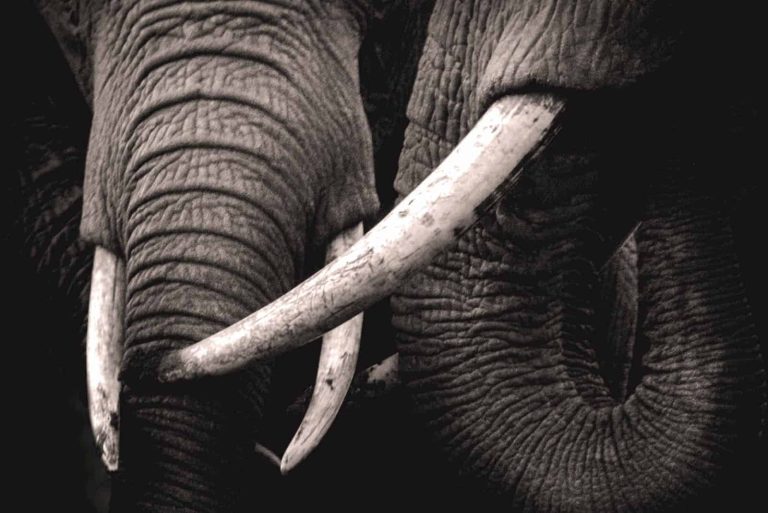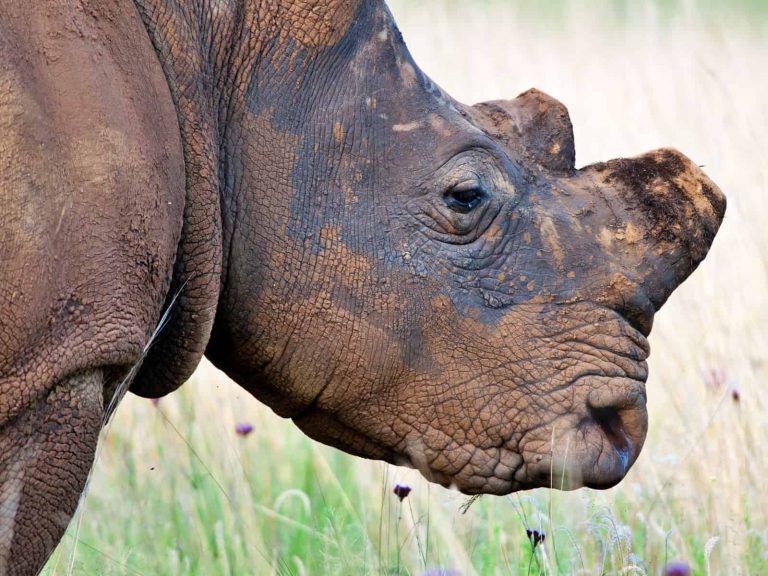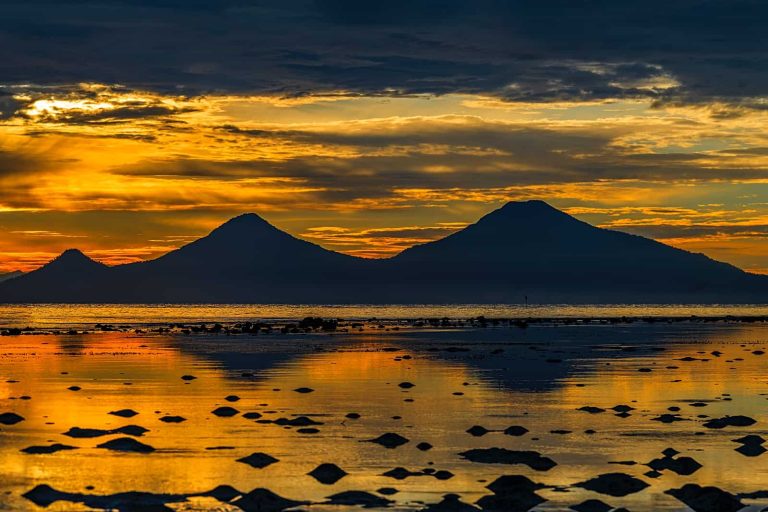How is the novel Coronavirus connected to wildlife?
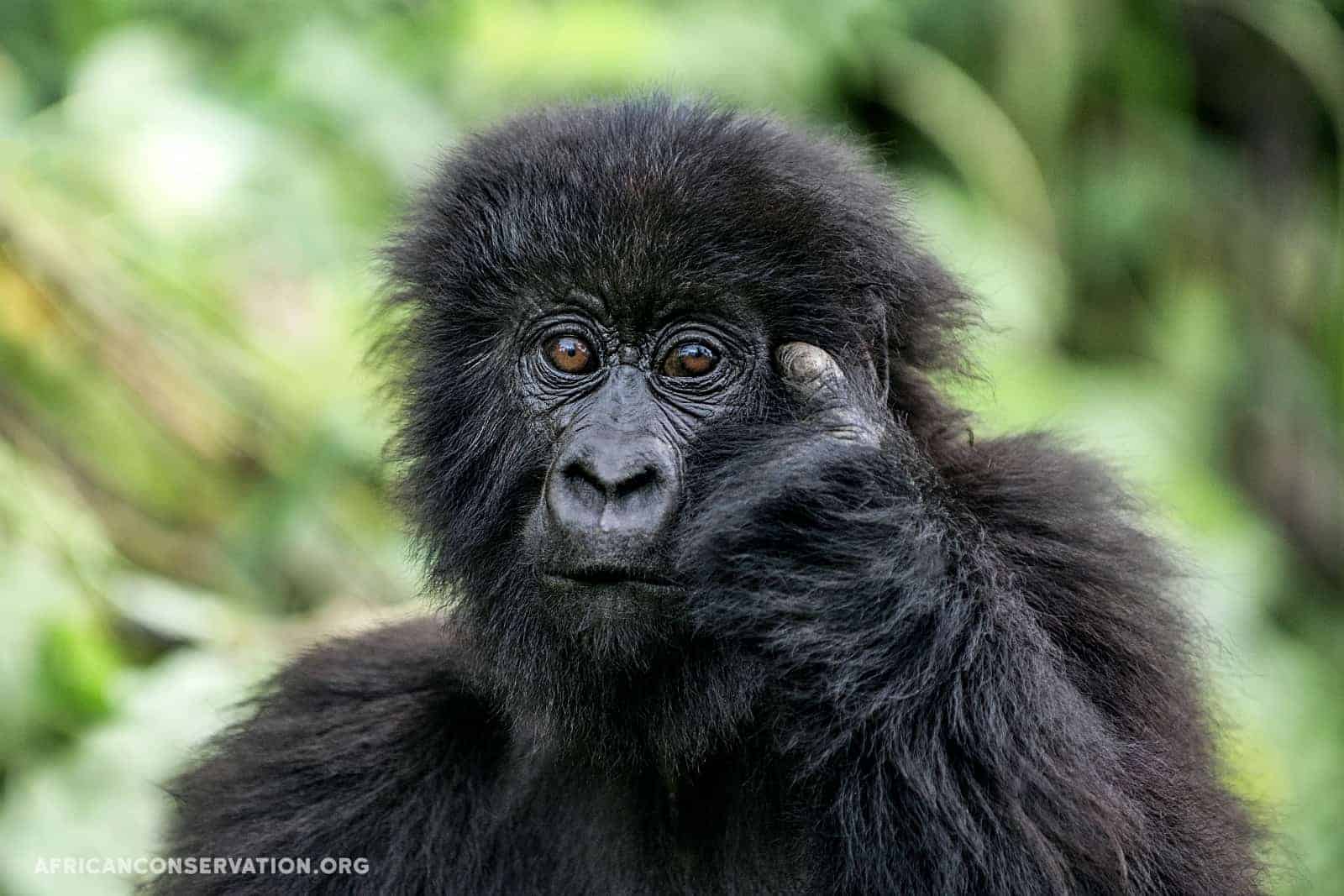
What do the coronavirus and the extinction of endangered species have in common? With the current outbreak of the coronavirus disease (COVID-19), global attention has been drawn to the significant health risks posed by eating wild animals. COVID-19 is caused by severe acute respiratory syndrome coronavirus 2, or SARS-CoV-2 in short. Originating in Wuhan in Hubei, China early December 2019, the global outbreak was characterised as a pandemic by the World Health Organization (WHO) on 11 March 2020.
According to WWF Italy, many of the so-called emerging diseases – such as Ebola, AIDS, SARS, avian influenza, swine flu and today the new coronavirus are not spontaneous, catastrophic events, but the consequence of our impact on natural ecosystems.
Zoonotic disease
COVID-19 is a new strain of corona virus that has not been previously identified in humans. They are part of a large family of viruses that cause illness ranging from the common cold to more severe diseases such as Middle East Respiratory Syndrome (MERS-CoV) and Severe Acute Respiratory Syndrome (SARS-CoV).
Coronaviruses are zoonotic, meaning they are transmitted between animals and people. Researchers found that MERS-CoV was transmitted from dromedary camels to humans and SARS-CoV from civet cats to humans. It is known that several coronaviruses are circulating in animal populations that have not yet infected humans.
Bats are thought to be the evolutionary host of COVID-19, although a Chinese research team suggested that pangolins could be harboring this particular coronavirus that was first reported in humans in China’s Hubei province.
Wildlife consumption
The spread of zoonotic diseases like COVID-19 is a result of wildlife trafficking and wildlife consumption, a rapidly growing, multi-billion-dollar enterprise. Wild animals are hunted or bred on wildlife farms and sold on markets for food or traditional medicine and for the pet trade. Even endangered animals are often sold openly in wildlife markets in China and other Asian countries.
Animals like bats and pangolins do not cause the transfer of the coronavirus to humans themselves. COVID-19 was transferred by human interference with the animals. The capturing, slaughtering, trading and consumption of the animals are the proximate or direct cause of the virus transmission.
Ban on trade and consumption of wildlife
China has acknowledged it needs to bring its rampant wildlife industry under control if it is to prevent another outbreak. The African Conservation Foundation welcomes China’s decision to temporarily ban all farming and consumption of “terrestrial wildlife of important ecological, scientific and social value”. The ban is expected to be signed into law later this year.
As an immediate result, nearly 20,000 wildlife farms raising various species like civet cats, porcupines, ostriches, wild geese and boar have been closed across China.
Following China’s lead, Vietnam is also looking to end the consumption and sale of wild animals. Vietnam’s Prime Minister Nguyen Xuan Phuc instructed the Ministry of Agriculture and Rural Development to draft a plan to ban the trade and consumption of wild animals across the country by April 1.
Risk for great apes?
At this time, it is not yet known whether the SARS-CoV-2 virus can cause a respiratory disease in other animals like great apes. The common cold virus is a corona virus too and this is known to infect gorillas and chimpanzees. COVID-19 could therefore be harmful for endangered great apes like the Mountain gorilla and Cross River gorilla as well.
According to Gorilla Doctors “the most effective measure for the prevention of the introduction of SARS CoV-2 virus (or any pathogen) to human-habituated eastern (mountain and Grauer’s) gorillas in Rwanda, Uganda and DR Congo is to minimize direct and indirect contact between gorillas and infected people”.
Ecotourism is vital to the long-term conservation of endangered animals. However, a temporary stop on great ape trekking tours may be needed to protect endangered populations of great apes, our nearest cousins, as well the ecotourism operations in the long run.
Corona virus and its impact on tourism in Africa
Public health responses around the world have included travel restrictions, quarantines, event cancellations and facility closures. Tourism is one of the worst affected sectors due to a sharp fall in people allowed or willing to travel.
The impact of the corona virus epidemic on the tourism industry is being felt in many African countries, including Rwanda, Uganda and the Democratic Republic of Congo. The Rwanda Development Board, Uganda Wildlife Authority and DRC’s Parc National des Virunga said that tourism operations will continue but announced that tourists have up to two years to postpone their bookings at no extra cost if they are affected by flight cancellations, travel bans or if they are infected with Covid-19.
These provisions will be reviewed from time to time especially based on the progress of handling the coronavirus outbreak.
Coronavirus adds new risks to ongoing crises
New cases of COVID-19 are emerging in countries already facing humanitarian emergencies, underscoring the risks for people in crises. People in conflict zones and refugee camps are at considerably greater risk. Governments are not prepared for catastrophes of this size.
Along with significant human suffering, the damage caused by COVID-19 for people, families, communities, countries and the global economy will be enormous and will affect people for many years to come. Therefore, governments need to act more responsibly. In order to protect ecosystems, public health and economies, we need to prevent future viral outbreaks by banning the trade and consumption of wildlife.
